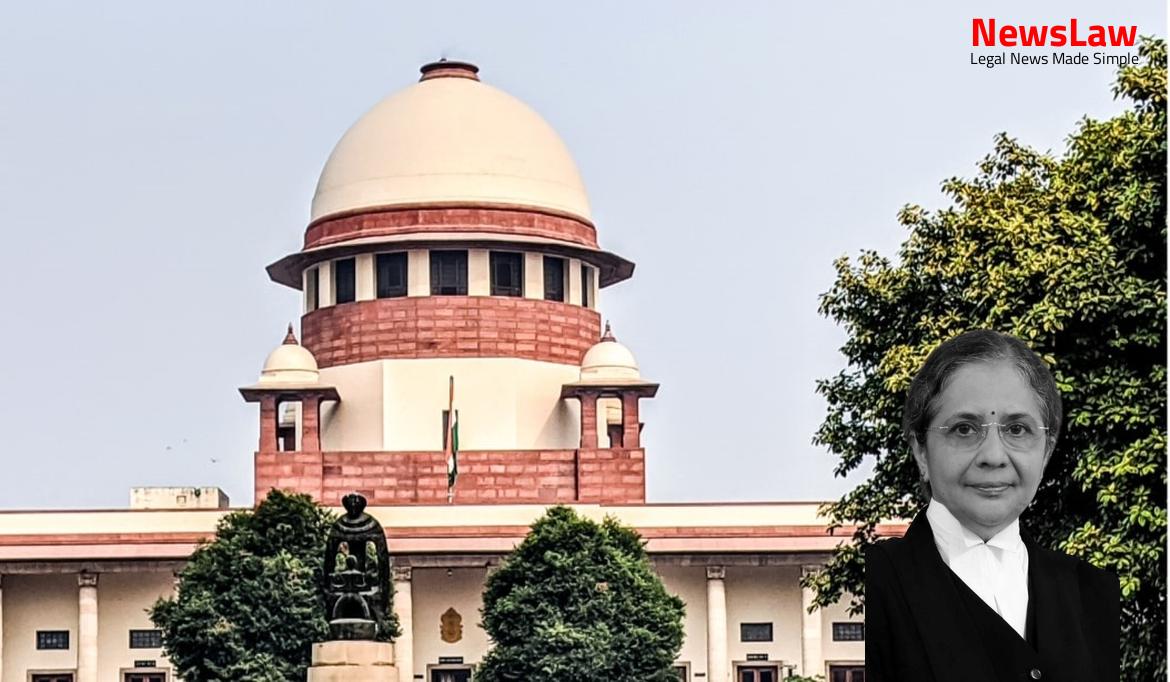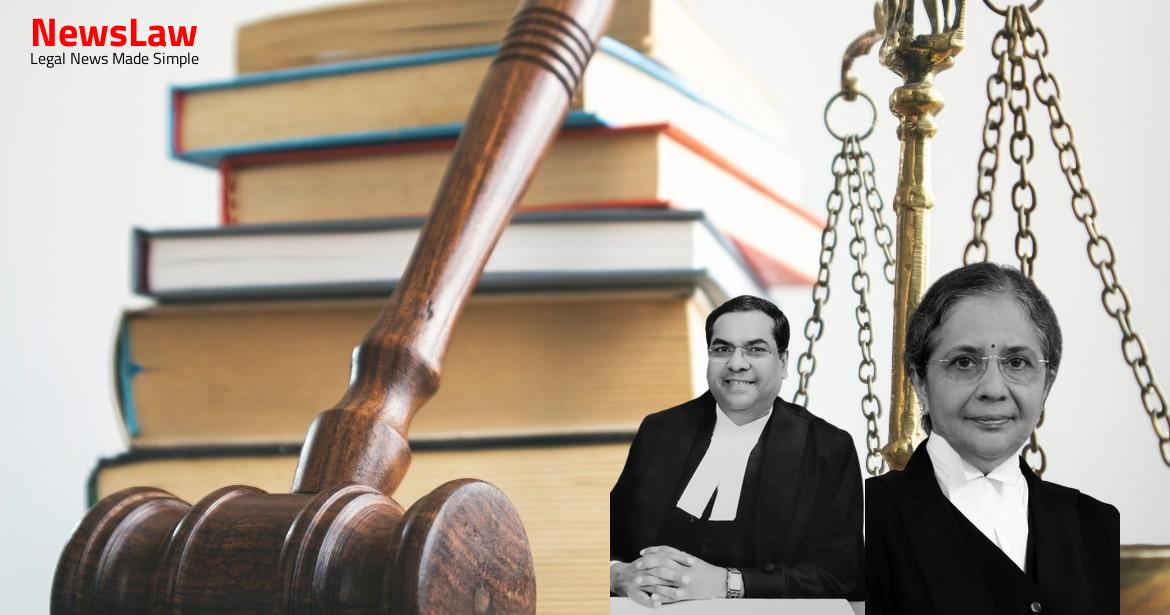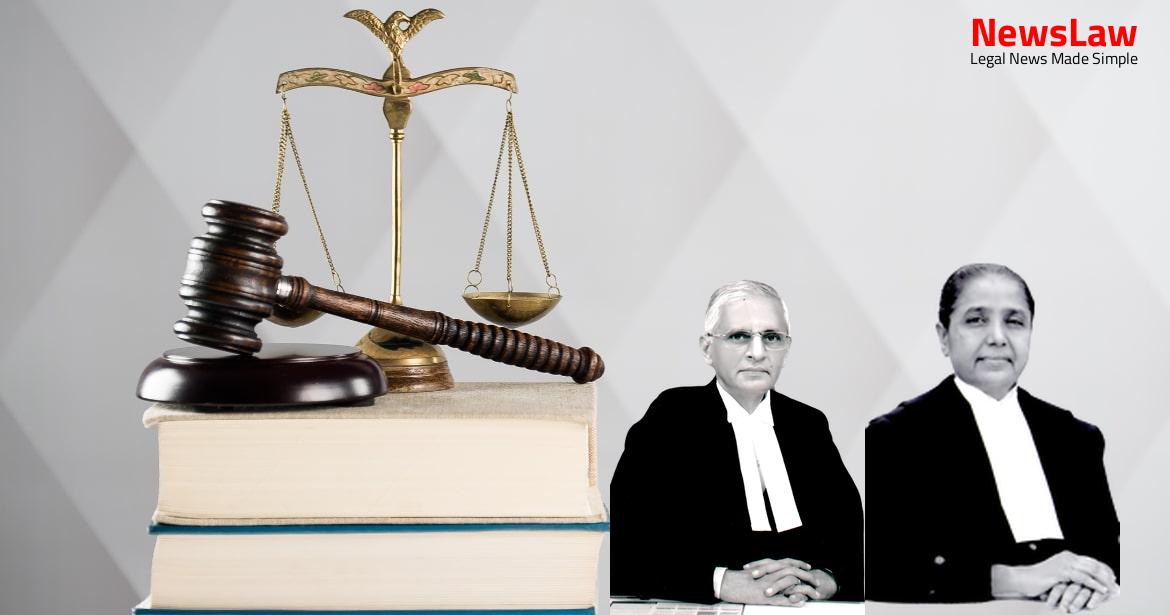Discover the detailed legal analysis conducted by the court regarding the mandatory installation of CCTV cameras in police stations. This summary focuses on the importance of transparency and accountability in law enforcement through the effective use of CCTV technology.
Analysis
- An oversight mechanism to be created in every State to study CCTV camera footage
- Independent committee to periodically publish reports on CCTV camera footage observations
- Central Oversight Body (COB) to issue instructions for implementing CCTV use
- Use of videography to be phased in by 15.07.2018
- A Central Oversight Body (COB) was established by the Ministry of Home Affairs to oversee the implementation of photography and videography in crime scenes.
- CCTV cameras must be installed in all police stations for transparency and accountability, with footage storage for 18 months.
- SHOs are responsible for assessing and maintaining CCTV cameras in police stations.
- State and Union Territory governments must ensure CCTV coverage at all key areas within police stations.
- If current recording equipment cannot store data for 18 months, new equipment must be purchased.
- Oversight Committees at State and District levels are crucial for monitoring CCTV implementation.
- Funds allocation for CCTV systems must be prioritized by State/Union Territory Finance Departments.
- Compliance affidavits from all States and Union Territories must provide detailed information on CCTV installations.
- Audiovisual CCTV systems must have clear image resolutions and audio.
- Interrogation offices of investigative agencies must also have CCTV installations.
- The Central Oversight Body and State Oversight Committees have significant roles in ensuring compliance with CCTV directives.
Also Read: Legal Analysis on Physical Ability in Rape Case
Decision
- Large posters to be displayed in English, Hindi, and vernacular language informing people of their right to complain about human rights violations
- People can complain to National/State Human Rights Commission, Human Rights Court, Superintendent of Police, or any other empowered authority
- Supreme Court registry to send a copy of the order to all concerned parties
- Directions are in furtherance of fundamental rights guaranteed under Article 21 of the Constitution of India
- Authorities must implement the order promptly in both letter and spirit
- Affidavits to be filed by Principal Secretary/Cabinet Secretary/Home Secretary of each State/Union Territory with action plan and timelines for compliance within six weeks
- Mention in posters that CCTV footage must be preserved for a minimum of six months, and victims have a right to access it in case of human rights violation
Also Read: Analysis of Transfer of Winding Up Proceedings to NCLT
Case Title: PARAMVIR SINGH SAINI Vs. BALJIT SINGH (2020 INSC 672)
Case Number: SLP(Crl) No.-003543 / 2020



